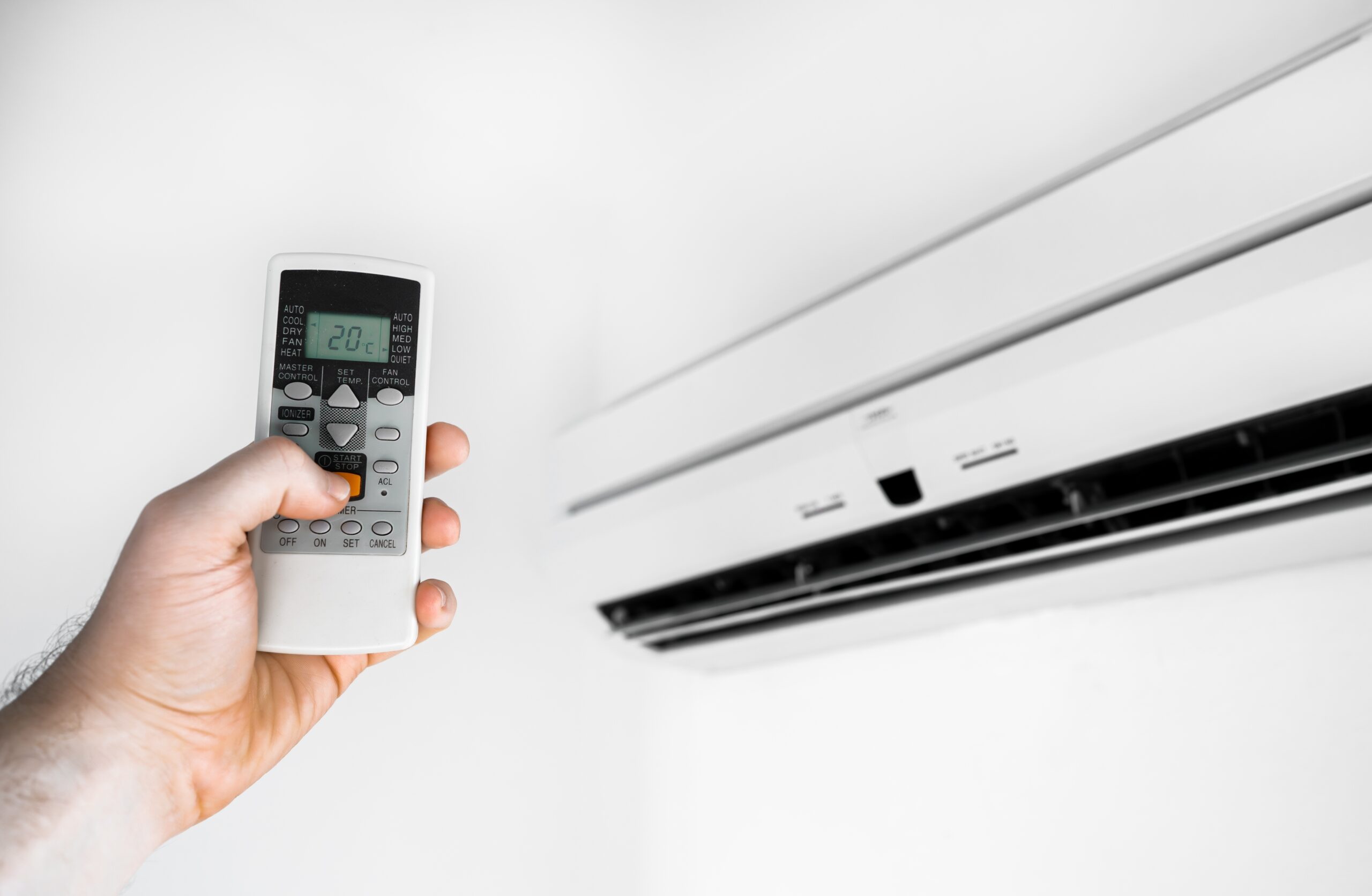
By Montserrat Arqué
Jun 21, 2024, 16:44 PM EDT
When the summer heat hits, the use of air conditioning becomes a necessity. However, a common question among users is whether it is more efficient to leave the air conditioning on all day or turn it off and on as needed. What consumes the most energy?
The main argument in favor of leaving the air conditioning on continuously lies in temperature stability. When the air conditioning is turned off, the temperature in the room rises rapidly. When turned on again, the appliance needs to operate at maximum power to reach the desired temperature, which results in significant energy consumption. Instead, keeping it on allows the air conditioner to work at a lower capacity, which can be more efficient in the long run.
Turning the air conditioning on and off multiple times a day makes the system have to exert greater effort each time it is turned on. This additional effort translates into an increase in energy consumption. The explanation is simple: the air conditioning must cool the entire space again, starting from a higher temperature, which requires more energy than maintaining a constant temperature.
The programmed temperature value also plays a crucial role in energy consumption. For every degree the temperature on the thermostat is lowered, energy consumption increases by approximately 8%. Therefore, it is advisable not to set the air conditioning to excessively low temperatures. A progressive and moderate temperature adjustment contributes significantly to energy savings.
Likewise, investing in a highly energy efficient air conditioner is a smart long-term decision. Appliances with energy classification A or higher consume up to 60% less energy compared to those with lower efficiency. This aspect is essential not only to save on the monthly bill, but also to reduce the environmental impact.
Finally, the correct installation and regular maintenance of the air conditioning are factors that directly influence its efficiency. It is recommended to install the air conditioner in a place with good air circulation, such as above a window, and avoid direct sun exposure for the outdoor unit. Additionally, it is essential to clean the filters at least every two years. Clean filters improve equipment performance and prolong its useful life.
Keep reading:
* Extreme heat wave in the United States: 3 Tips to maximize air conditioning performance
* What it costs you to use the air conditioning all day
* New York offers free air conditioning: how to access the benefit
